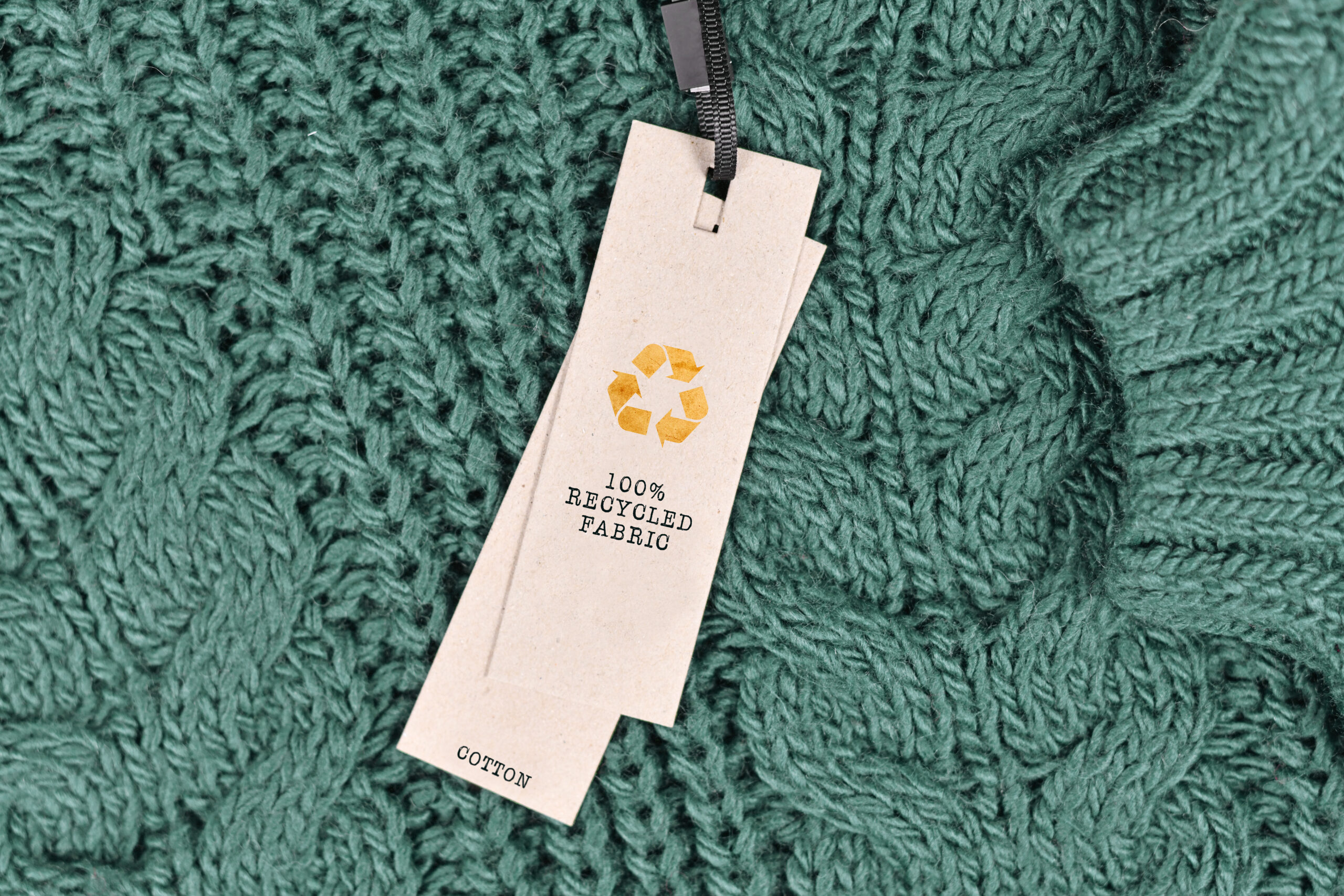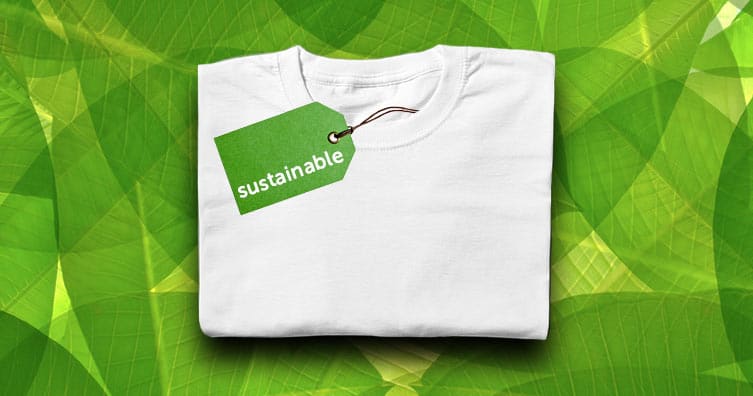Discovering the Rise of Cape Town Sustainable Fashion Brands
Discovering the Rise of Cape Town Sustainable Fashion Brands
Blog Article
Stay Ahead of the Curve by Discovering Innovative Fashion Trends
In a market as dynamic as style, remaining in advance includes even more than just complying with present patterns-- it requires an expedition of technology. The merging of technology and fashion advertises a brand-new age of consumer engagement.

Embracing Smart Textiles
In current years, the fashion business has witnessed a transformative shift with the assimilation of wise textiles, a cutting-edge development that blends innovation with fabric. This evolution represents not only a blend of appearances and performance yet also a significant jump in the direction of sustainability and personalization in fashion. Smart textiles, likewise called e-textiles, installed sophisticated electronics such as sensing units and conductive threads within the material, enabling garments to engage with the wearer or the environment.
These fabrics are created to check physical specifications, such as heart rate or body temperature level, supplying real-time wellness analytics. Beyond wellness applications, clever textiles are also being used for adaptive clothing, which can change color or pattern in reaction to ecological stimulations, hence offering a vibrant fashion experience.
In addition, the development of energy-harvesting fabrics that create power from motion or sunlight is leading the way for self-dependent wearable technology. This innovation is interesting environmentally aware consumers and developers aiming to minimize the eco-friendly impact of fashion. As r & d in this field advance, clever fabrics are expected to become progressively prevalent, improving the landscape of modern fashion with their multifunctional capacities.
The Rise of 3D Printing
Changing the production landscape, 3D printing has emerged as a game-changer in the garment industry. This innovative innovation has actually made it possible for designers to push the borders of creativity, creating intricate and customized garments that were previously unimaginable. By leveraging digital style and additive manufacturing, 3D printing facilitates the creation of complicated geometries and patterns, permitting developers to explore brand-new structures and frameworks.
A remarkable advantage of 3D printing in fashion is its ability to create on-demand, decreasing waste and minimizing inventory needs. This efficiency not just maximizes production processes yet additionally permits rapid prototyping, enabling developers to bring their visions to life in a much shorter timeframe. Additionally, 3D printing supports modification to a degree unparalleled by conventional approaches, providing one-of-a-kind designs and personalized fits customized to private consumer choices.
The increase of 3D printing has additionally democratized style, making it easily accessible to arising designers that can now make top quality pieces without considerable financial investment in traditional production infrastructure. As modern technology continues to advancement, the apparel industry is positioned to harness the full possibility of 3D printing, exploring new products and strategies that will undoubtedly redefine exactly how style is conceived and created.
Lasting Fashion Advancements
As the style sector faces the pushing requirement for ecological responsibility, sustainable fashion technologies have emerged at the center of transformative adjustment. The expanding recognition of environmental influence has actually sustained a change in the direction of even more eco-conscious techniques and products. Brand names and designers are currently focusing on sustainability, including approaches that minimize waste and lower carbon footprints.
One significant development is the rise of round style, which stresses recycling and upcycling to expand the lifecycle of garments. This strategy not only decreases waste however additionally encourages customers to take on an extra conscious method to apparel consumption. Additionally, using lasting materials, such as organic cotton, hemp, and recycled polyester, has actually obtained grip. These products need much less water and energy throughout production, considerably reducing environmental effect.
One more development depends on the adoption of innovative dyeing methods that make use of natural dyes or waterless processes, thus reducing the large quantities of water and chemicals generally made use of in textile dyeing. Moreover, advancements in biotechnology have brought about the production of lab-grown natural leather and materials, supplying eco pleasant and cruelty-free choices to conventional products. Through these pioneering initiatives, the fashion sector is making meaningful strides in the direction of a more lasting future.

Tech-Integrated Apparel
Tech-integrated apparel stands for a groundbreaking blend of fashion and innovation, reshaping how individuals interact with their apparel. This cutting-edge domain name is noted by the addition of wise textiles and embedded electronic parts, improving both functionality and visual allure. From fitness trackers embedded in sportswear to heated jackets managed via smart device applications, tech-integrated apparel uses consumers unmatched comfort and versatility.
Pioneering brands are driving this trend, concentrating on creating garments that reply to environmental stimuli or customer commands. For example, some garments can change color or pattern in action to temperature shifts, while others integrate biometric sensing units to monitor health metrics like heart price or anxiety levels. The seamless integration of technology into fabrics additionally expands to environmental sustainability, with efforts to establish self-cleaning fabrics or garments that get used to climate condition, thus decreasing the requirement for multiple layers.
In addition, the advent of wearable modern technology is not just limited to clothing yet encompasses accessories like watches and glasses, more broadening the range of tech-integrated fashion. As the sector remains to introduce, the capacity for personalization and personalization in garments expands, supplying customers unique, tech-enhanced fashion experiences that deal with their individual needs and preferences.
Future of Virtual Fashion
Recently, the future of virtual fashion has actually become a transformative force within the industry, leveraging improvements in electronic innovation to redefine how style is produced, experienced, and taken in. By integrating enhanced truth (AR), online fact (VR), and 3D style devices, designers can now craft interactive and immersive experiences that transcend typical fashion boundaries. Online style permits the useful link development of garments that exist solely in digital atmospheres, supplying unlimited opportunities for advancement without the restrictions of physical production.
This electronic shift not just offers chances for innovative expression yet also addresses sustainability issues fundamental in typical fashion methods. Cape Town Sustainable Fashion. By getting rid of the demand for physical sources, digital style decreases waste and minimizes carbon footprints. Moreover, the increase of virtual style straightens with the increasing customer need for distinct and individualized experiences, as digital garments can be tailored and customized to individual choices easily

Final Thought
The apparel industry's future lies in the integration of sustainable techniques and cutting-edge modern technologies - Cape Town Sustainable Fashion. Smart textiles and tech-integrated clothing are boosting performance, while 3D printing offers possibilities for customization and waste reduction. Sustainable style, via round approaches and environment-friendly products, demonstrates a dedication to environmental stewardship. Moreover, online style is positioned to redefine consumer communications. Adjusting to these patterns is necessary for brands looking for to remain relevant and competitive in this swiftly advancing landscape.
In recent years, the style sector has witnessed a transformative shift with the assimilation of smart fabrics, a sophisticated innovation that blends technology with fabric.As the style market grapples with the pressing need for environmental obligation, sustainable fashion innovations have actually arised at the leading edge of transformative adjustment.In recent years, the future of online style has find out actually arised as a transformative force within the market, leveraging developments in digital modern technology to redefine how style is created, experienced, and taken in. The rise of online fashion straightens with the raising consumer need for unique and tailored experiences, as online garments can be tailored and customized to individual choices with ease.
The fashion industry's future lies in the integration of cutting-edge technologies and sustainable practices.
Report this page